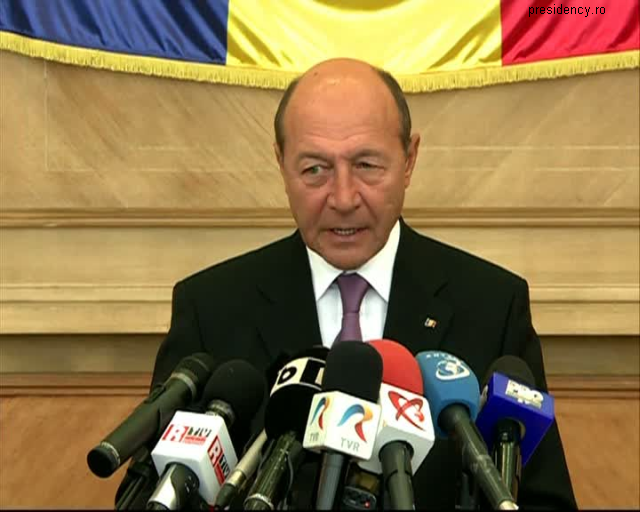The European Union and Ukraine
Gathered in Brussels for an emergency summit, the EU heads of state and government on Thursday decided to take a series of political sanctions against Russia. Thus, EU leaders decided to suspend bilateral talks with the Russian Federation on visa matters and postpone their participation in the G8 Summit, to be held in the Russian resort of Sochi, indefinitely. Moreover, they warned Moscow that unless it starts a dialogue with the legitimate authorities in Kiev, economic sanctions would follow. The European Union sees as illegal the decision of the pro-Russian government in Crimea to hold a referendum on the integration of this autonomous republic into the Russian Federation.

Bogdan Matei, 07.03.2014, 13:24
Gathered in Brussels for an emergency summit, the EU heads of state and government on Thursday decided to take a series of political sanctions against Russia. Thus, EU leaders decided to suspend bilateral talks with the Russian Federation on visa matters and postpone their participation in the G8 Summit, to be held in the Russian resort of Sochi, indefinitely. Moreover, they warned Moscow that unless it starts a dialogue with the legitimate authorities in Kiev, economic sanctions would follow. The European Union sees as illegal the decision of the pro-Russian government in Crimea to hold a referendum on the integration of this autonomous republic into the Russian Federation.
Also, the EU Heads of State and Government issued a joint statement calling on Russia to immediately withdraw its armed forces from the peninsula, as an essential solution to uphold Ukraine’s sovereignty and territorial integrity. Attending the summit, Romanian President Traian Basescu voiced Romania’s availability to take part in the mediation of this crisis. According to President Basescu, Bucharest has all the necessary qualities to be seen as an impartial partner in a prospective mediation team. On the one hand, Bucharest does not depend on Russia in terms of energy supplies and does not have major economic interests there. The head of state has several other arguments in support of this idea:
“Romania has over 400,000 Romanian-speaking Ukrainian citizens there, the second largest minority in Ukraine, after the Russian one. So we are highly interested in the fate of minorities on Ukraine’s territory. This is the first argument. The second argument is that Romania is the EU country located closest to Crimea , only 160 sea miles away, For any of the 400 ships of the Russian fleet in Sevastopol this means a maximum of 10 hours to Romania’s border. Romania is also only 10 kilometres away from another area with an ongoing frozen conflict, the one in Transdniester, the pro-Russian separatist region in Eastern Moldova. “
Traian Basescu has announced he has approved Romania’s participation with experts in the mission to Ukraine of the Organisation for Security and Cooperation in Europe. The head of state has also said he has called on the new power in Kiev to annul the law on minorities, under which the Romanian language lost its status of regional language. The situation of the Romanian community in the neighbouring country, for whom Bucharest wants European protection standards, as well as the future of bilateral ties, will be decided on Monday , when Romanian Foreign Minister Titus Corlatean pays a visit to Kiev.






























